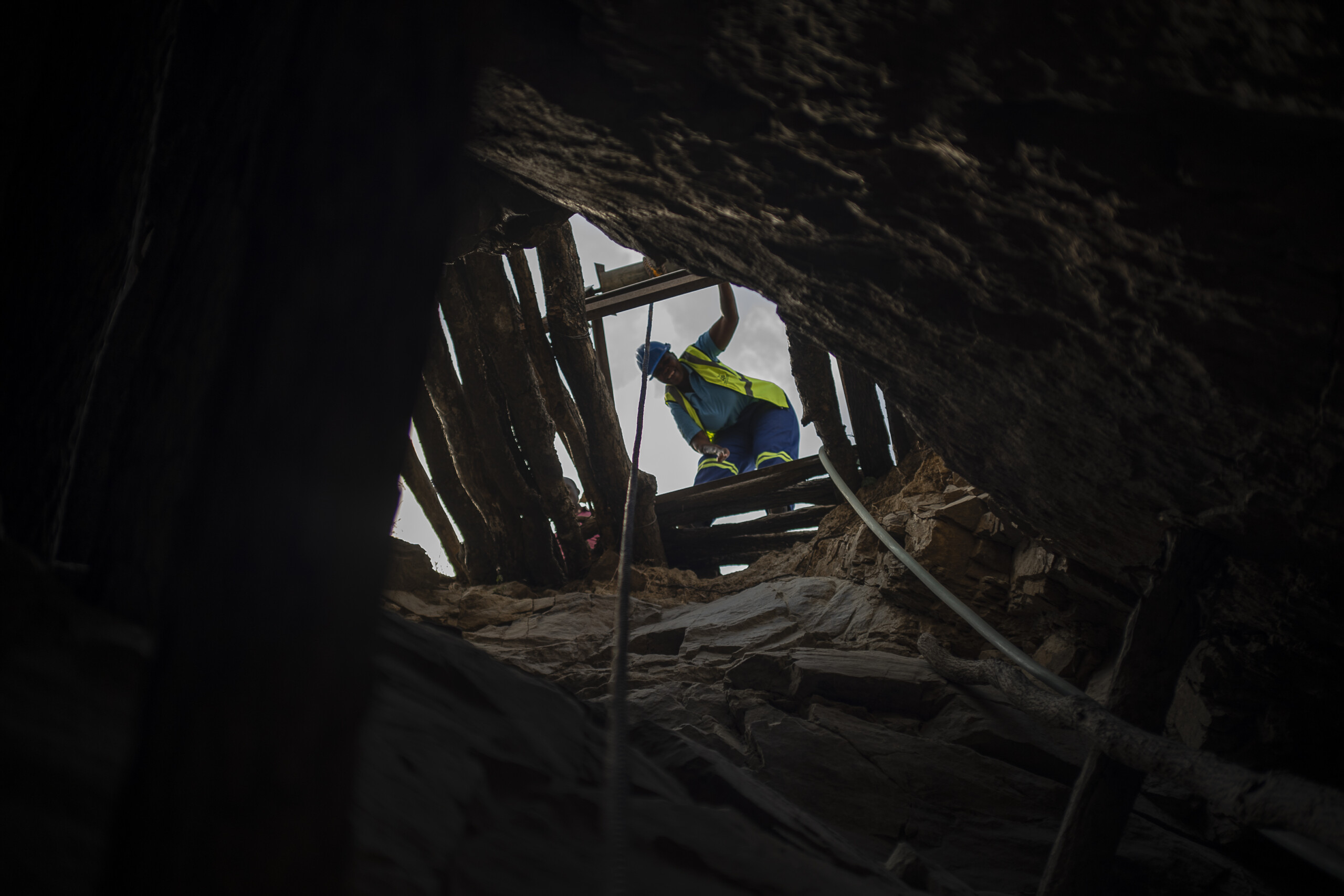Zimbabwe’s mining sector stands at a turning point. The new Mines and Minerals Bill 2025 offers a long-overdue update to laws that have guided the industry since 1961. After more than six decades, the country has a chance to align its mining framework with the realities of how gold is produced today. For planetGOLD Zimbabwe, which works to make artisanal and small-scale gold mining safer, more inclusive, and mercury-free, this reform represents both progress and opportunity.
The Bill’s potential lies in whether it reaches the people who power much of Zimbabwe’s gold production, the artisanal and small-scale miners whose work sustains rural economies across the country. These miners are central to Zimbabwe’s gold output, yet they remain on the margins of formal systems. Many operate informally because licensing processes are expensive, compliance rules overlap, and access to finance is limited. Without deliberate attention to these challenges, the new Bill risks modernizing the law without improving lives.
A new planetGOLD Zimbabwe publication, Strengthening the Mines and Minerals Bill: Advancing Reforms for the Benefit of Artisanal and Small-Scale Gold Miners, highlights how the Bill can better reflect conditions on the ground. The brief draws from the project’s experience visiting artisanal mining communities and from dialogue with artisanal miners.
The publication identifies key reforms that are needed to support artisanal and small-scale miners across Zimbabwe:
- Acknowledge artisanal miners: Currently the Bill lacks a clear definition of artisanal mining, creating uncertainty about whether they fall under small-scale operations. Artisanal mining differs in its scale, methods and social dynamics. Recognising artisanal miners in law would clarify their rights, responsibilities, and pathway to formalization.
- Phased approach to formalization: Formalization must be gradual. The Bill should outline a step-by-step process that builds miners’ capacity to comply, supported by access to finance, training, and equipment.
- Harmonize compliance regimes: Artisanal and small-scale miners deal with overlapping regulations from several agencies. The Bill should streamline these procedures to cut bureaucracy and make compliance achievable.
- Inclusion of marginalized groups: The Bill in its current state overlooks women and persons with disabilities, who remain underrepresented in the sector. Adding language on equality and participation would make the law more inclusive.
- Mercury reduction measures: As a signatory, Zimbabwe is bound by the Minamata Convention to reduce and eliminate mercury use in mining. The Bill should include mercury reduction measures and provide training and incentives for mercury-free technologies.
The Mines and Minerals Bill 2025 is an opportunity to create a progressive and inclusive framework for Zimbabwe’s mining industry. However, the provisions targeting the artisanal and small-scale gold mining sector require targeted amendments to ensure that the legislation truly facilitates formalization, empowerment, and sustainable development.
As the Bill moves towards finalization, planetGOLD Zimbabwe will continue working with government, civil society, and mining communities to ensure the legislation translates into meaningful change. The project will provide technical support on mercury-free gold processing, strengthen miners’ capacity for safer and more responsible operations, and contribute to policy dialogue that advances formalization and environmental compliance.
*This article was originally published by planetGOLD Zimbabwe.

